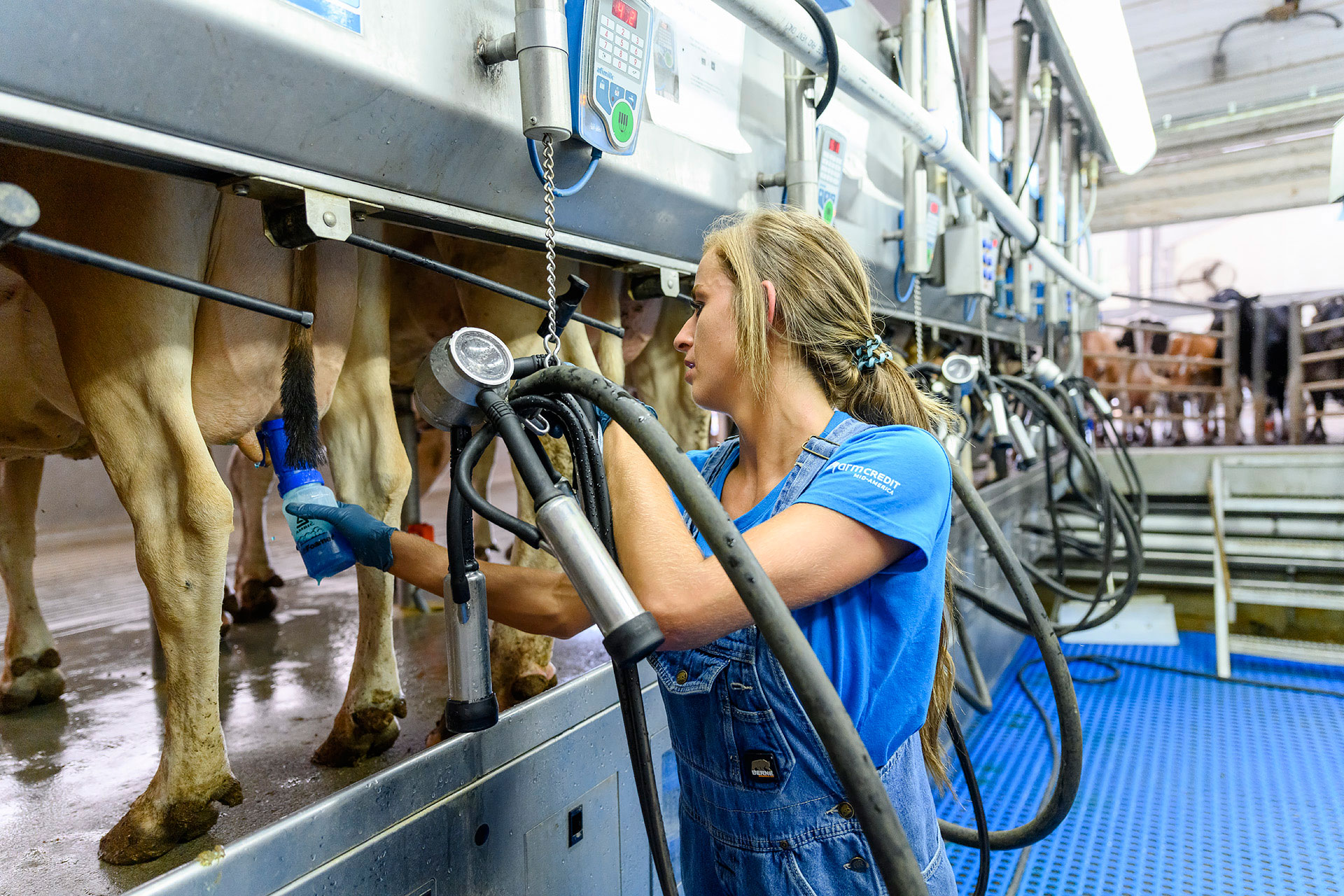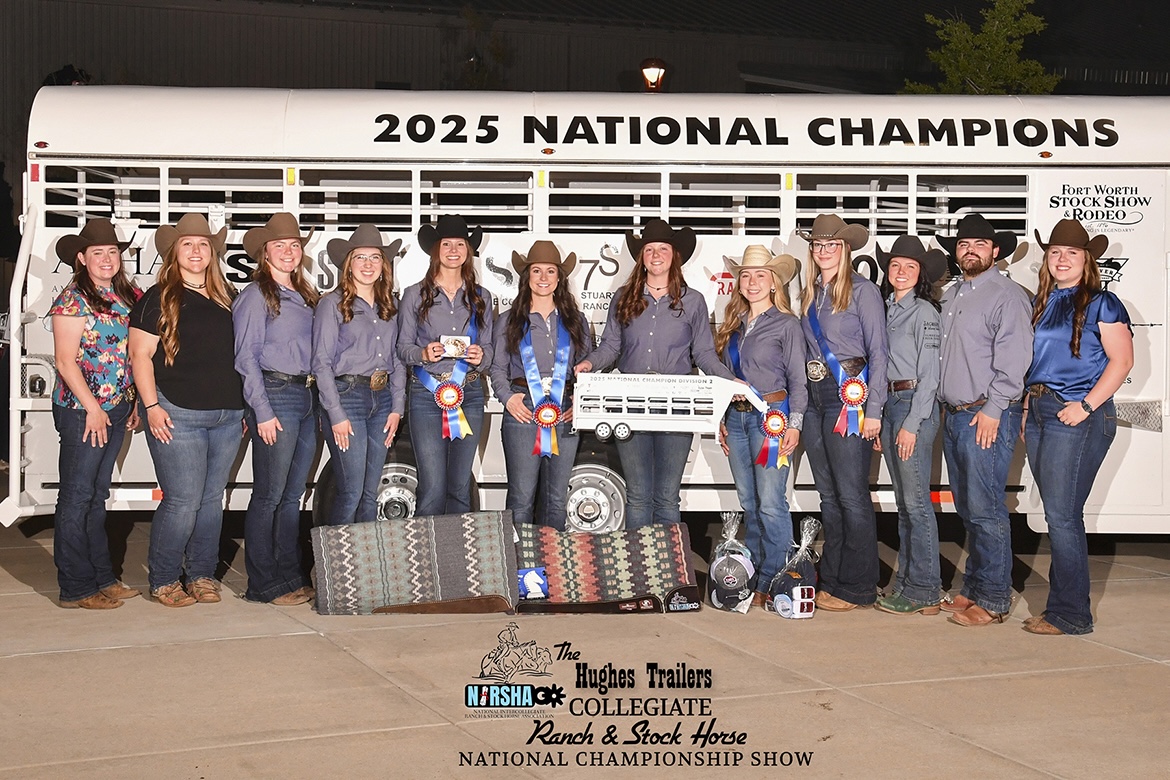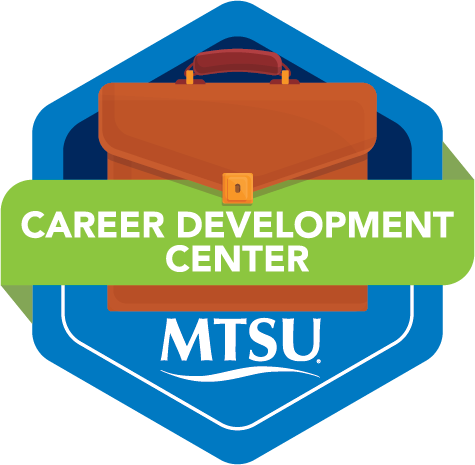
Animal Science
Gain hands-on learning, exploring many aspects of animal science and husbandry.
Animal Science, B.S.
Animal Science degree students, which include pre-veterinary students, will learn in a hands-on, science-based curriculum under knowledgeable and friendly faculty. Students explore the science, production, and business of domestic food, fiber, and companion animal species. These species include beef cattle, dairy cattle, sheep, goats, swine, poultry, and companion animals. Also included are disciplines such as nutrition, reproduction, genetics, behavior, meat science, management, health, and biotechnology. Animal Science degree students learn experientially by working with MTSU livestock herds including beef cattle, dairy cattle, swine, and horses.
Several extracurricular animal-related student organizations, including the Block and Bridle Club, Dairy Science Club, Poultry Science Club, and Pre-Veterinary Medical Society, provide unparalleled opportunities for students to engage with their fellow classmates and network with industry partners.
MTSU's Animal Science degree program is unique in Tennessee by offering a minor in Poultry Science. The Poultry Science minor prepares students for a career in the poultry industry.
News Briefs

June Anderson Foundation awards scholarships to 4 nontraditional MTSU students
Four nontraditional students at Middle Tennessee State University got a boost to their education as recipients of the 2025 June S. Anderson Scholarship.[ Read More ]

Dominating MTSU Stock Horse team earns national championship in Texas
The Middle Tennessee State University stock horse team was crowned the 2025 National Intercollegiate Ranch and Stock Horse Association Division 2 National Champion team in April in Amarillo, Texas. [ Read More ]
News Briefs

June Anderson Foundation awards scholarships to 4 nontraditional MTSU students
Four nontraditional students at Middle Tennessee State University got a boost to their education as recipients of the 2025 June S. Anderson Scholarship.[ Read More ]

Dominating MTSU Stock Horse team earns national championship in Texas
The Middle Tennessee State University stock horse team was crowned the 2025 National Intercollegiate Ranch and Stock Horse Association Division 2 National Champion team in April in Amarillo, Texas. [ Read More ]
Related Media

Animal Science, B.S.
An Animal Science degree affords students a wide array of career opportunities after graduation or helps prepare them for continued study beyond the undergraduate level, including graduate degree programs (M.S. or Ph.D.) or professional programs in veterinary medicine (DVM). Some career opportunities with a degree in Animal Science from MTSU might include
- Animal feed manufacturer
- Animal health technician
- Animal laboratory technician
- Animal nutrition salesperson
- Animal product processing supervisor
- Animal shelter manager
- Canine performance trainer
- County extension agent
- Government regulatory specialist
- Livestock journalist
- Livestock marketer
- Livestock production manager
- Pharmaceutical salesperson
- Poultry production technician
- Quality assurance manager
- Veterinary technician
- Vocational agriculture teacher
- Wildlife technician
- Zookeeper
Employers of MTSU Animal Science degree alumni include
- ADM
- Animal Care Veterinary Hospital
- Animal Medical Center
- Aviagen
- Cal-Maine Foods
- Cargill
- Cobb-Vantress
- Family Pet Health
- Farm Credit Services of Mid-America
- Heritage Farms
- Mars Petcare
- Merck Animal Health
- MWI Veterinary Supply
- Nashville Zoo
- PIC International
- Pilgrim's Pride
- Tennessee Department of Agriculture
- Tennessee Department of Education
- Tennessee Farm Bureau
- Tennessee Farmer's Cooperative
- Tractor Supply Company
- Tyson Foods
- UT/TSU Extension
- Vanderbilt University Medical Center--Department of Animal Care
- VCA Creekside Animal Hospital

MTSU’s Career Development Center
MTSU offers a comprehensive Career Development Center that serves students throughout the full student experience and beyond. They collaborate with faculty and staff to equip students with the tools to be marketable to the world of work and continuing education.
Students can schedule an appointment or check online resources and job boards at mtsu.edu/career.
Students can find current internship opportunities by talking to faculty and visiting the University job and internship board called Handshake.
Wondering what you can do with your major? Check out our What Can I Do with A Major In guides.



Professional Licensure Disclosure
MTSU discloses that the Bachelor of Science in Animal Science, Agricultural Education Certification is a teacher licensure preparation program accredited by the Council for the Accreditation of Educator Preparation (CAEP) and approved by the Tennessee Department of Education. Admission to an undergraduate teacher licensure preparation program does not guarantee that students will obtain a teacher license. Successful completion of the meets the educational requirements to apply for a practitioner teacher licensure in Tennessee.
The BS Animal Science, Agricultural Education Certification disclosure provided on MTSU’s professional licensure disclosure website indicates the states and territories where MTSU has determined, through reasonable and good faith effort, that the program does or does not meet the educational requirements for other US states and territories. Licensing authorities for each state set and enforce their own requirements and standards, which are subject to change. Current and prospective students not located in Tennessee or who plan to seek licensure or certification outside the state of Tennessee should contact the appropriate state licensing agency or board and discuss their plans with an advisor and the MTSU Office of Teacher Licensure before enrolling in the program to ensure they have the most up-to-date information and guidance regarding licensure requirements.
More about our Animal Science Degree Program
Students with interest in an undergraduate program in Animal Science, which includes becoming a veterinarian, will learn in a hands-on, science-based curriculum under knowledgeable and friendly faculty. Animal Science students explore the science, production, and business of domestic food, fiber, and companion animal species, including beef cattle, dairy cattle, sheep, goats, swine, poultry, and companion animals. Also included are disciplines such as nutrition, reproduction, genetics, behavior, meat science, management, health, and biotechnology.
Animal Science students can "learn by doing" through work with herds of beef cattle, swine, and dairy cattle at the MTSU farm laboratories. In addition, several extracurricular animal-related student organizations, including the Block and Bridle Club, Dairy Science Club, Poultry Science Club, and Pre-Veterinary Medical Society, provide unparalleled opportunities for involvement. Competitive teams include the Animal Science Academic Quadrathlon team, Poultry Judging team, and Dairy Challenge team. The Animal Science program is unique in Tennessee by offering a minor in Poultry Science. The Poultry Science minor provides excellent opportunities for students to prepare for a career in the poultry industry.
Extracurricular Activities promote professional development and leadership skills
Students have several options when considering student organizations supported by the School of Agriculture. Animal Science students have leadership roles in the Block & Bridle Club, Dairy Science Club, Poultry Science Club, Pre-Veterinary Medical Society, and Collegiate FFA.
This program is approved for the Academic Common Market.

CONTACT US












